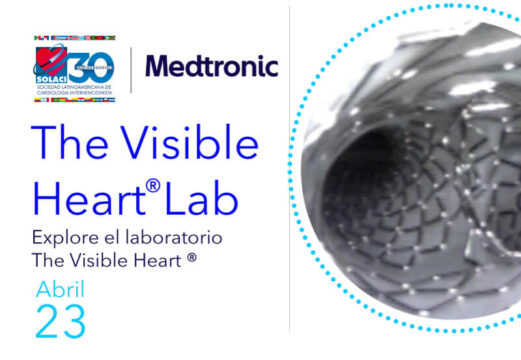Original title: Transcatheter Versus Surgical Aortic Valve Replacement in Patients With Diabetes and Severe Aortic Stenosis at High Risk for Surgery An Analysis of the PARTNER Trial (Placement of Aortic Transcatheter Valve). Reference: Lindman BR et al. J Am Coll Cardiol. 2014 Mar 25;63(11):1090-9.
Diabetes is associated to greater morbidity and mortality after surgical aortic valve replacement (SAVR), in patients with severe aortic stenosis. The aim of this study was to determine if a less invasive approach to aortic valve replacement would improve clinical outcomes in diabetic patients with severe aortic stenosis (AS).
This study analyzed the outcomes of AVR treatment in patients with severe high risk symptomatic AS included in the PARTNER trial. Patients were randomized to transcatheter valve replacement (TAVR) vs. surgical replacement. End point was all cause mortality at one year.
From a 657 PARTNER cohort, 275 were diabetic (145 to TAVR, 130 to surgery). There was significant interaction between diabetes and the treatment group for one year all cause mortality (p= 0.048). Among the diabetic patients, all cause mortality at one year was 18% in the TAVR group and 27.4% in the surgical group (HR 0.60; IC 95 % 0.36 to 0.99; p=0.04).
Results were consistent among patients treated via trans femoral or transapical approach. In contrast, non diabetic patients show no significant difference in one year all cause mortality rates (p = 0,48) in both groups.
In diabetic patients, stroke rate at one year was similar in both groups (3.5 % TAVR vs. 3.5 % surgical; p = 0.88). Renal failure rate with dialysis > 30 days was lower in the TAVR group (0 % vs 6,1 %, p = 0,003).
Conclusion
For diabetic patients with severe symptomatic AS at high surgical risk, this post hoc stratified analysis of the PARTNER trial suggests there is survival benefit and lower renal failure rates with no increase in strokes with TAVR, compared to surgical AVR.
Editorial Comment
Surgical aortic valve replacement involves cardioplegia, off pump bypass and the resulting reperfusion lesion, which can cause oxidation stress and inflammation, and lead to myocardial chemise. This situation might be far more aggressive than a fast ventricular stimulation with a transcatheter implant.
In diabetic patients, this adverse situation could be identified by the long term consequences on cardiovascular function and by the clinical outcomes after AVR, also at renal level. If we add the high surgical risk ingredient, differences stand out even more.
Courtesy of Dr Matias Sztejfman.
Interventional cardiologist.
Güemes Hospital.
Buenos Aires, Argentina.
Dr. Matías Sztejfman



